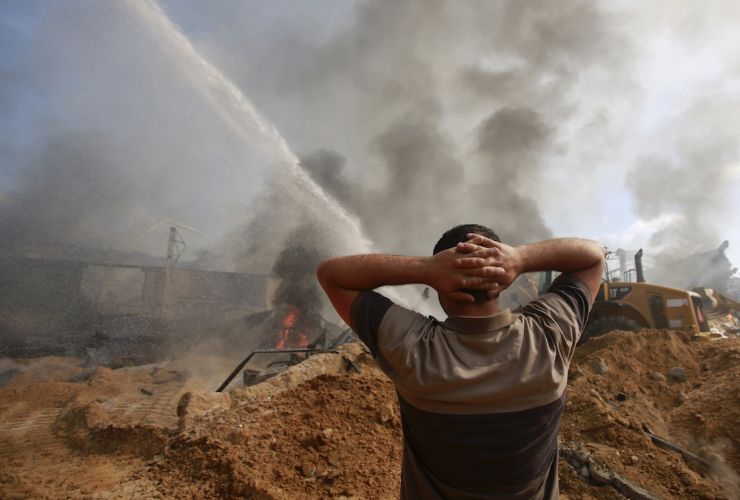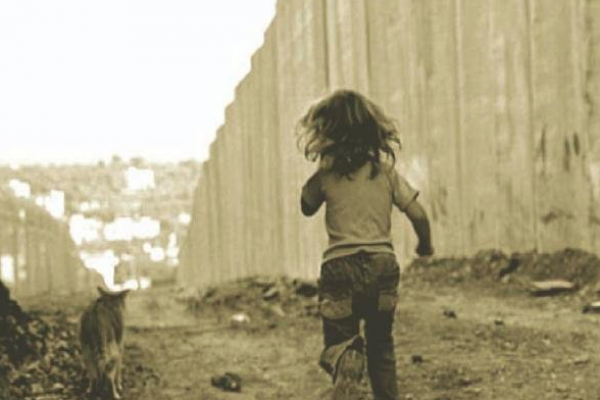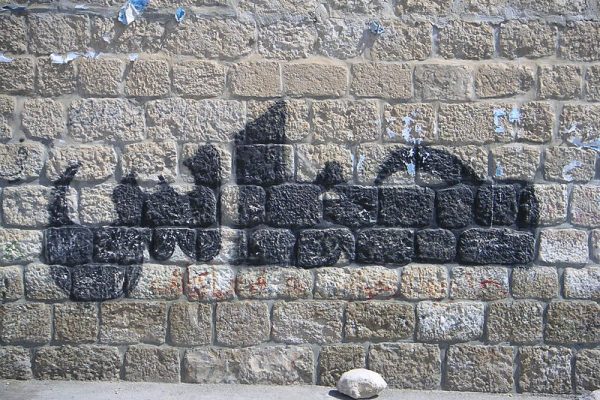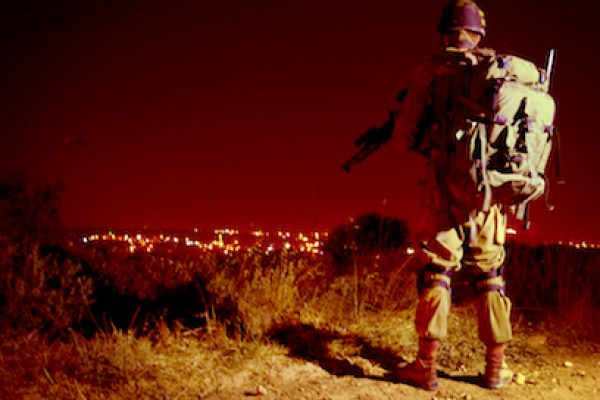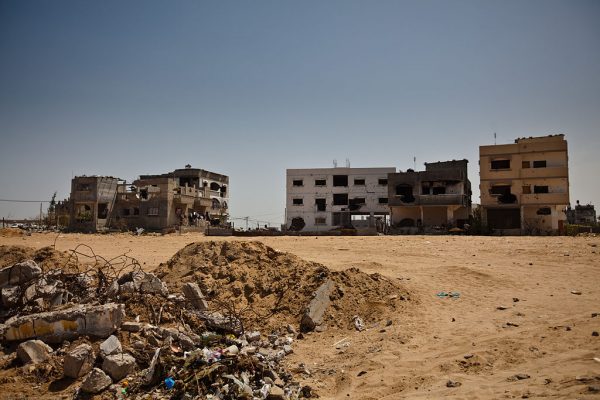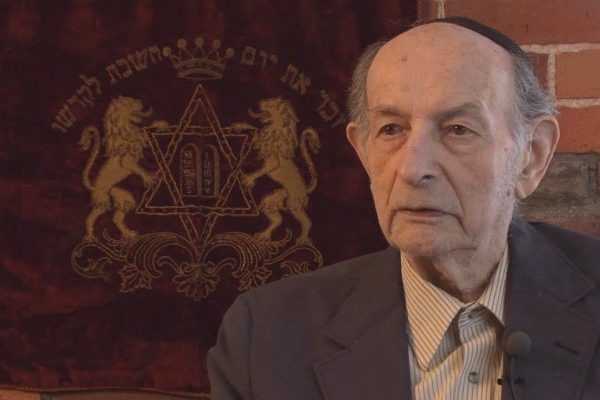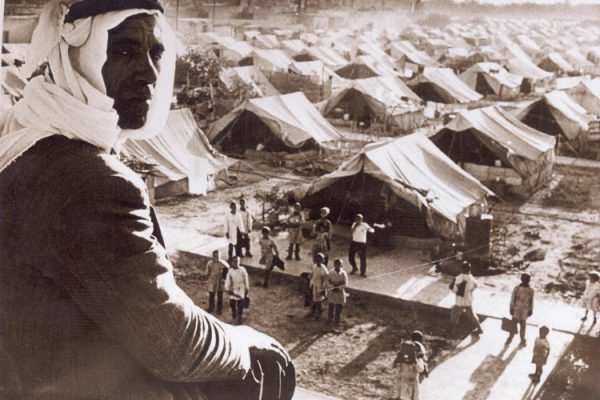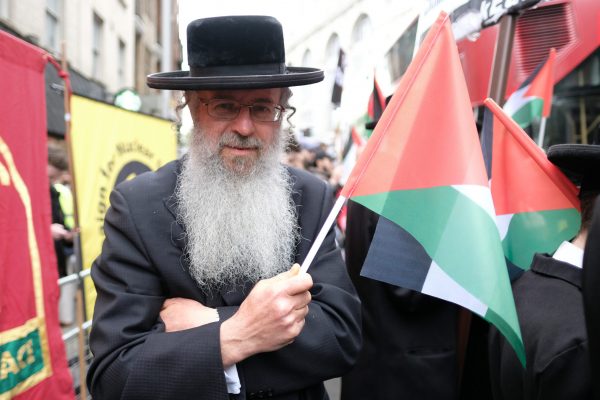Just over twenty years ago, two months after Bill Clinton’s Camp David Summit failed to reach a final resolution to the 1993–1995 Oslo Accords, right-wing Israeli leader Ariel Sharon led a provocative trip to the al-Aqsa compound at the Temple Mount in East Jerusalem. The highly contested area was occupied by Israel in the 1967 Six-Day War, along with Gaza and other territory in the West Bank. Following Sharon’s visit, Palestinian protests sparked a violent crackdown by Israeli riot police, marking the beginning of five years of resistance known as the second intifada. The resulting fighting claimed thousands of lives, mostly Palestinian, and saw the rise of Hamas as a political force in Gaza.
Two decades later, history has repeated itself with Israeli aggression in East Jerusalem. Once again the al-Aqsa compound and Sharon’s party—headed since 2009 by Prime Minister Benjamin Netanyahu—are at the center of a wave of violence, following an Israeli police action at the al-Aqsa mosque on the first day of Ramadan and ongoing efforts to evict Palestinian families in the East Jerusalem neighborhood of Sheikh Jarrah. Now in its second week, the fighting has displaced tens of thousands amidst highly destructive Israeli airstrikes in Gaza. Over 200 people have died—again mostly Palestinian, including scores of children.
To shed badly needed context on the current crisis, we compiled some of our most searching essays on Israel’s occupation of Palestine. Contrary to Israeli claims of self-defense in response to acts of terrorism, these crises reflect decades of brutal Israeli aggression in Gaza and the West Bank. Above all, these pieces speak with moral clarity about the extreme imbalance of power between Israel and occupied Palestinian territories, the ongoing humanitarian crisis under Israel’s domination of Gaza, and the far-right militarization of Jewish supremacism in Israeli politics. Reflecting on his experiences as a soldier in the Israeli army, philosopher Oded Na’aman disputes official Israeli claims that an ethical occupation is possible, while the late Rabbi Ben-Zion Gold discusses the responsibility of American Jews to hold Israel accountable.
Several essays stress the primacy of politics alongside moral exhortation. A forum with Palestinian legal scholar Lama Abu-Odeh makes the case for binationalism, while other pieces scrutinize the limitations of a one-state solution, the relationship between civil and political rights, and enduring obstacles to two states. Other contributors explore the uses and abuses of historical understanding, emphasizing how it is both essential for peace and liable to distortion. In two feature reports from the late 2000s, Middle East correspondent Helena Cobban tracks in great detail how the rise of Hamas and the decline of the Israeli peace movement transformed Israeli-Palestinian diplomacy. A final set of essays mines other forceful visions of Israeli-Palestinian life, from Israeli and Palestinian novels and the work of Edward Said to the largely forgotten Jewish territorialist movement, which imagined forms of Jewish self-determination beyond statehood in Palestine.
Together they offer an indispensable guide to the current crisis and the movement for peace.
Talking about Gaza is like talking about God. We face the ineffable. We cannot talk about what we see.
Without Oslo, Israelis and Palestinians would not have been as committed to a two-state solution as they are today.
Alternatives to Zionism, from the Uganda Scheme to Birobidzhan, present a complex history of the search for a Jewish home.
As you stand at the checkpoint, you must constantly consider the various ways you may be attacked.
For a two-state solution to succeed, Israeli Jews must first forswear their righteous narrative of moral superiority.
